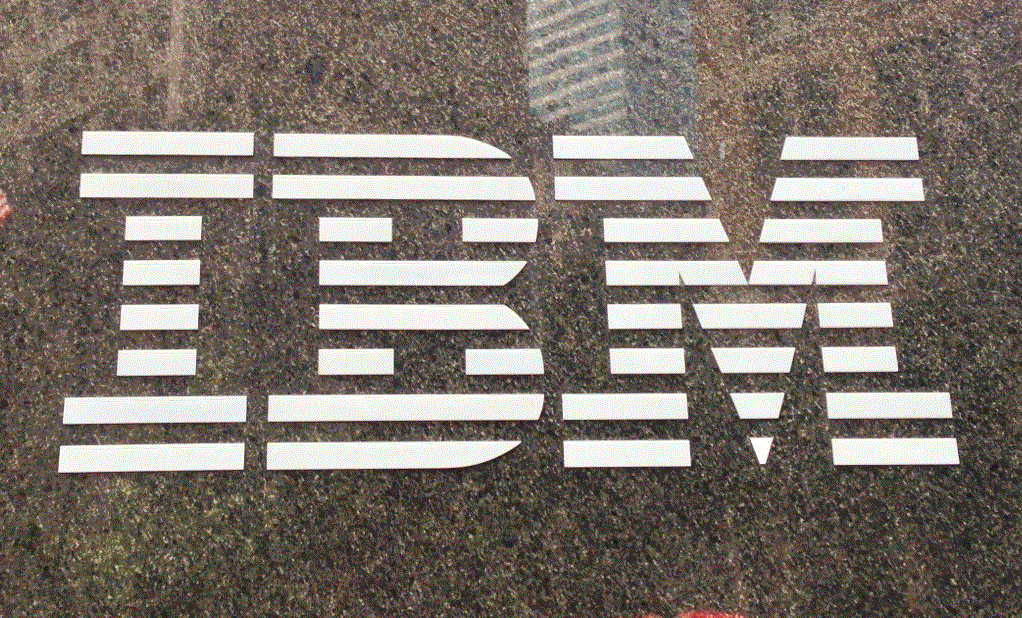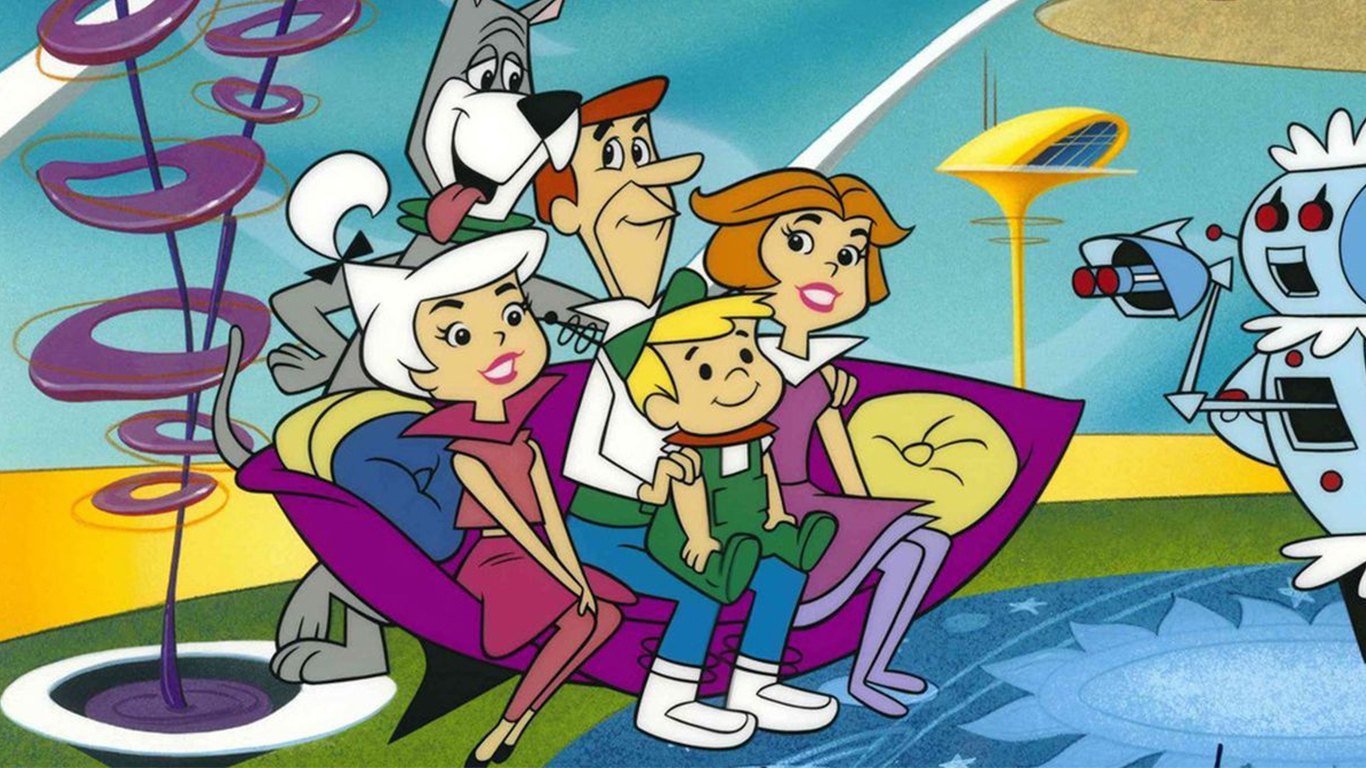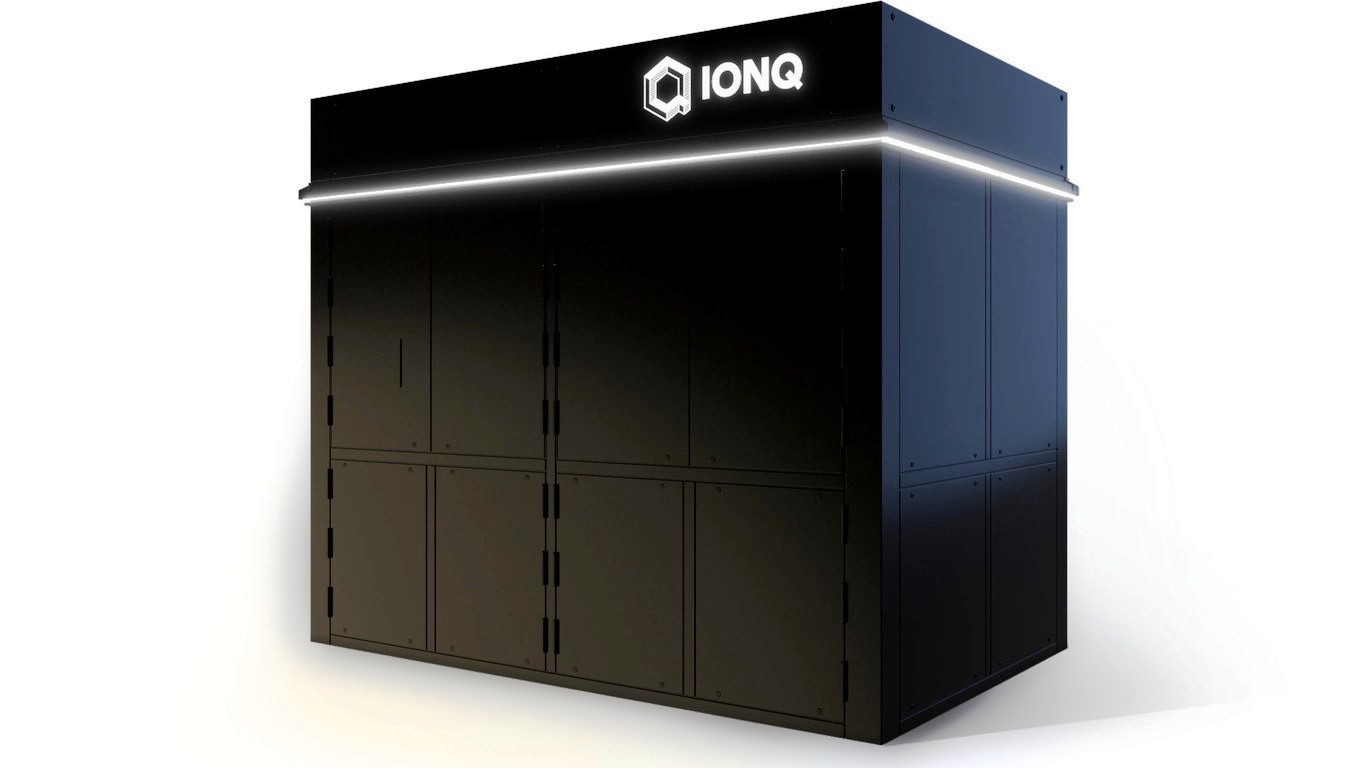International Business Machines Corp. (NYSE: IBM) tried to make waves in the market Thursday morning on news that it will acquire Merge Healthcare Inc. (NASDAQ: MRGE). Big Blue announced that Watson will gain the ability to “see” by bringing together Watson’s advanced image analytics and cognitive capabilities with Merge’s medical imaging platform.
The big question here is whether Merge can help move the needle for IBM’s lack of growth. Maybe it can years down the road, but Merge has faced declining sales and it is a very small-cap stock, versus more than a $150 billion market cap for IBM.
Under terms of the transaction, Merge shareholders would receive $7.13 per share in cash. The total transaction is valued at $1 billion. Granted, the deal is still pending approval from regulators and Merge shareholders. It is worth noting that Merge has $207 million in debt as a part of this deal, which means the equity portion of this deal and the actual cash outlay is actually less the deal sounds.
What stands out about this deal is that it ranks third in terms of IBM’s major health-related acquisitions, and it is the largest since IBM launched its Watson Health unit in April. The top two major health acquisitions were Phytel (population health) and Explorys (cloud-based health care intelligence).
ALSO READ: What Could Apple Buy With Its Huge Pile of Cash?
Ultimately the endgame for this acquisition is to help Watson “see” and understand medical images. As the largest and fastest growing data source in the health care industry, it is taking professionals more time and specialization to work through the data. It would be a natural progression to put a machine in this position to save both time and money.
For some background on Watson: It is the first commercially available cognitive computing capability representing a new era in computing. The system, delivered through the cloud, analyzes high volumes of data, understands complex questions posed in natural language, and proposes evidence-based answers. Watson continuously learns, gaining in value and knowledge over time, from previous interactions.
John Kelly, senior vice president, IBM Research and Solutions Portfolio, commented on the acquisition:
As a proven leader in delivering healthcare solutions for over 20 years, Merge is a tremendous addition to the Watson Health platform. Healthcare will be one of IBM’s biggest growth areas over the next 10 years, which is why we are making a major investment to drive industry transformation and to facilitate a higher quality of care. Watson’s powerful cognitive and analytic capabilities, coupled with those from Merge and our other major strategic acquisitions, position IBM to partner with healthcare providers, research institutions, biomedical companies, insurers and other organizations committed to changing the very nature of health and healthcare in the 21st century. Giving Watson ‘eyes’ on medical images unlocks entirely new possibilities for the industry.
ALSO READ: 4 Top Jefferies Technology Value Stocks to Buy Now
The feeling from this acquisition is that it is an entirely scientific one, in no way does it seem that IBM is making this acquisition to boost its revenues or gain some cost efficiencies. Again, Merge’s revenues have fallen in the past two years or so. Also, despite an expected revenue growth of 18% in 2015 and 9% in 2016, the few analysts that follow Merge do not even see $300 million in annual revenue in 2015 and 2016.
What Big Blue and CEO Ginni Rometty need to consider are moves in the near term that will move the needle within the next year or two. While this acquisition may end up benefiting IBM in the long run, the company will still be eating up about $700 million or so in cash to do this deal without really adding anything in the here and now to show for it.
It was just Wednesday that IBM was rumored to be interested in making a large data security company acquisition, but even that might be hard to really move the needle for Big Blue.
Shares of IBM were down 0.6% at $156.90 Thursday morning. The stock has a consensus analyst price target of $160.18 and a 52-week trading range of $149.52 to $195.00.
Merge shares were up 30% at $7.05, in a 52-week range of $2.04 to $6.20 before this move. The stock also had a consensus analyst price target of $6.33. Merge Healthcare shares used to be valued far higher than in recent years, but that was back in 2006, and that seems like a different era as it was before the recession.
ALSO READ: Cowen Raises Price Targets on Focus Call Stocks to Buy
Thank you for reading! Have some feedback for us?
Contact the 24/7 Wall St. editorial team.





